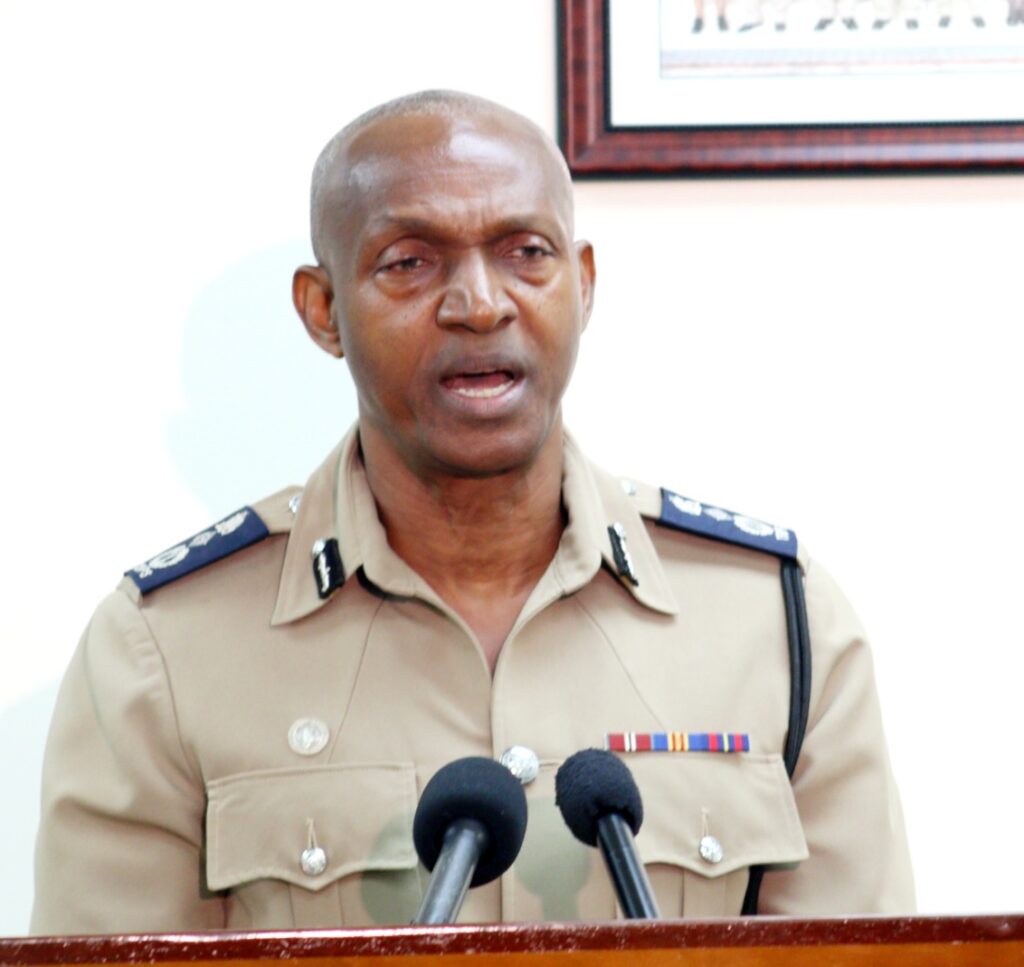Natasha Prentice’s harrowing experience of racial abuse has thrust the issue of racial hate speech into the spotlight, revealing a profound and persistent absence of strong legal protections in a nation that has emerged from the holocaust of slavery and colonialism for the better part of its nearly 400-year history.
Quite frankly, there should be no oxygen for racial hatred in Barbados. Of all places, not here.
The historical gap is not a yawning chasm; it took 324 years from the date the first Black Barbadians arrived in chains to being granted full personal power at the ballot box. It has only been 73 years since full free elections.
The youngest person in 1951 to acquire the true political freedom their ancestors bled, prayed, fought and died for is 94 years old today. At least.
As Prime Minister Mia Mottley vowed before Prentice to take sweeping action against systemic racism, we sound our own lament, not only at the incidents that sparked this national reckoning but also at the historical and legislative context that has allowed such behaviour to persist unchallenged.
We are convinced there are far more flashes of race hate than people are willing to admit.
It is ironic that the closest thing to anti-racism legislation on our statute books is the Public Order Act, passed in 1970 and originally designed to silence dissenting voices during a time of social upheaval, specifically targeting the Black Power Movement activists. This legislation was enacted to quell demonstrations that sought to address the very injustices that still plague our society today.
The irony is stark: while loud hailers outside the House of Assembly were deemed a threat to peace in 1970, the racial slurs and discriminatory practices faced by individuals like Prentice in 2024 are allowed to fester without adequate legal recourse. This contradiction highlights a troubling legacy where laws have historically been used to suppress rather than protect the marginalised. It is even more ironic when the marginalised constitute the majority of the population, the descendants of the formerly enslaved.
The prime minister’s stated commitment to reforming laws against racial discrimination is commendable.
It is one thing to express a desire for robust anti-discrimination legislation and construct a foreign policy that demands restorative justice but there must be a clear roadmap or timeline for this reform at home.
We have been here before; 20 years ago, when a prominent Black woman was verbally assaulted by a white racist, petering out in a case before a magistrate. Since then, angry racial epithets have gone viral in the social media age; the result: silence.
Beyond a specific legal definition of racial discrimination in Barbadian statutes beyond the broad declarations of the Barbados Constitution, there’s many a slip ‘twixt cup and lip in the enforcement of the one law against racially tinged speech, vague as it is.
While there has been progress with the Employment (Prevention of Discrimination) Act of 2020, which prohibits workplace discrimination based on race and other grounds, this legislation does not extend its protections against hate speech in public spaces or racial abuse outside of employment contexts.
We do support the prime minister’s call for the appointment of a human rights commissioner tasked with combating hate speech and fostering public education on racism’s dynamics within our society. We hope that the promised constitutional change to enact such a commission will also empower it to investigate incidents of racial hatred and engage in proactive educational initiatives aimed at dismantling systemic racism and promoting inclusivity.
This body must be fully resourced with investigative powers and Personnel. We hope that Prime Minister Mottley’s vow to Natasha Prentice becomes a reality.
The post Addressing race hate in Barbados appeared first on Barbados Today.


